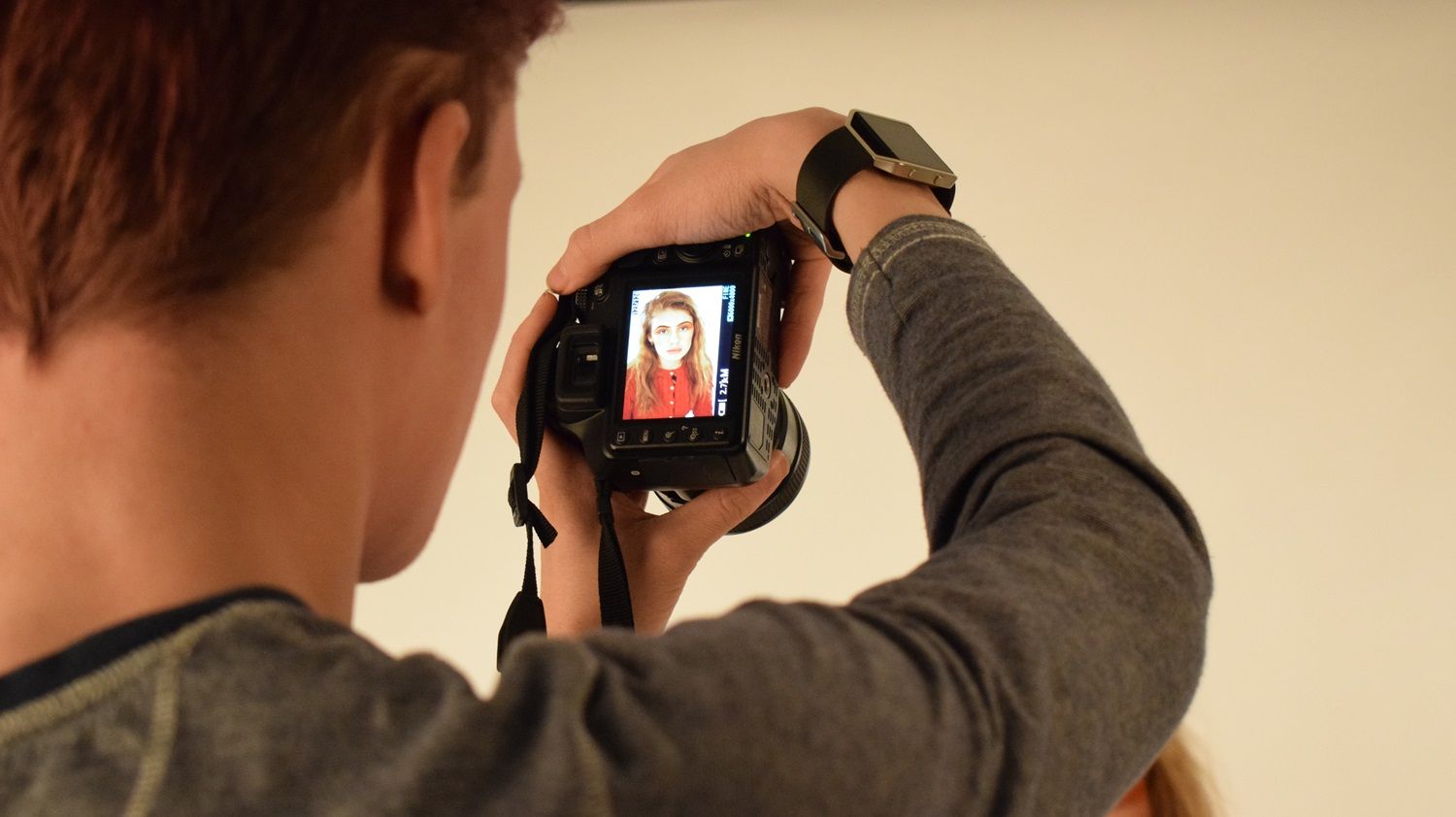It is time to snap into action today to mark National Camera Day (Saturday 29 June)!
The day celebrates the history of both the camera and photography, and with more photos than every being taken now it is certainly worth celebrating!
The history of the camera and photography goes back a lot longer than you may think, with the earliest surviving photo dating back to 1826, created by French inventor Nicephore Piepce and showing parts of the buildings and surrounding countryside of his estate.
The next decade, in 1839, the first photographic camera developed for commercial manufacture was by fellow Frenchman Alphonse Giroux.
In 1888 a simple box camera, the first to use photographic film, was put on the market by George Eastman. Then in 1900 Eastman took his idea one step further with the Brownie, a simple and inexpensive box camera that introduced the concept of a snapshot and remained on sale until the 1960s.
In 1949 the Polaroid Model 95 was developed, taking the title of the world’s first instant-picture camera.
Things continued to develop to the extent that in 1988 the first true portable digital camera, the DS-X by Fuji, went on sale. Then just over a decade later, in 1999, the first commercial camera phone, the Kyocera Visual Phone VP-210 was released in Japan.
This began a trend of camera phones being developed, to the point that smartphones now routinely include high resolution digital cameras.
If photography is something you are interested in, then we offer a range of courses at our Dartford and Tonbridge campuses.
Here you will benefit from using state-of-the-art equipment including the latest DSLR cameras, film cameras and lenses. You will also have access to professional standard digital imaging and editing software, including Adobe Creative Suite, Photoshop, Bridge and Light-Room and two well-equipped photographic studios where you will benefit from excellent technical support from our Photography team.
You will also have access to our four Mac computer suites, plus you will gain experience in using the dark room to develop your hand-printing skills.
To find out more visit the Photography course page of our website.

